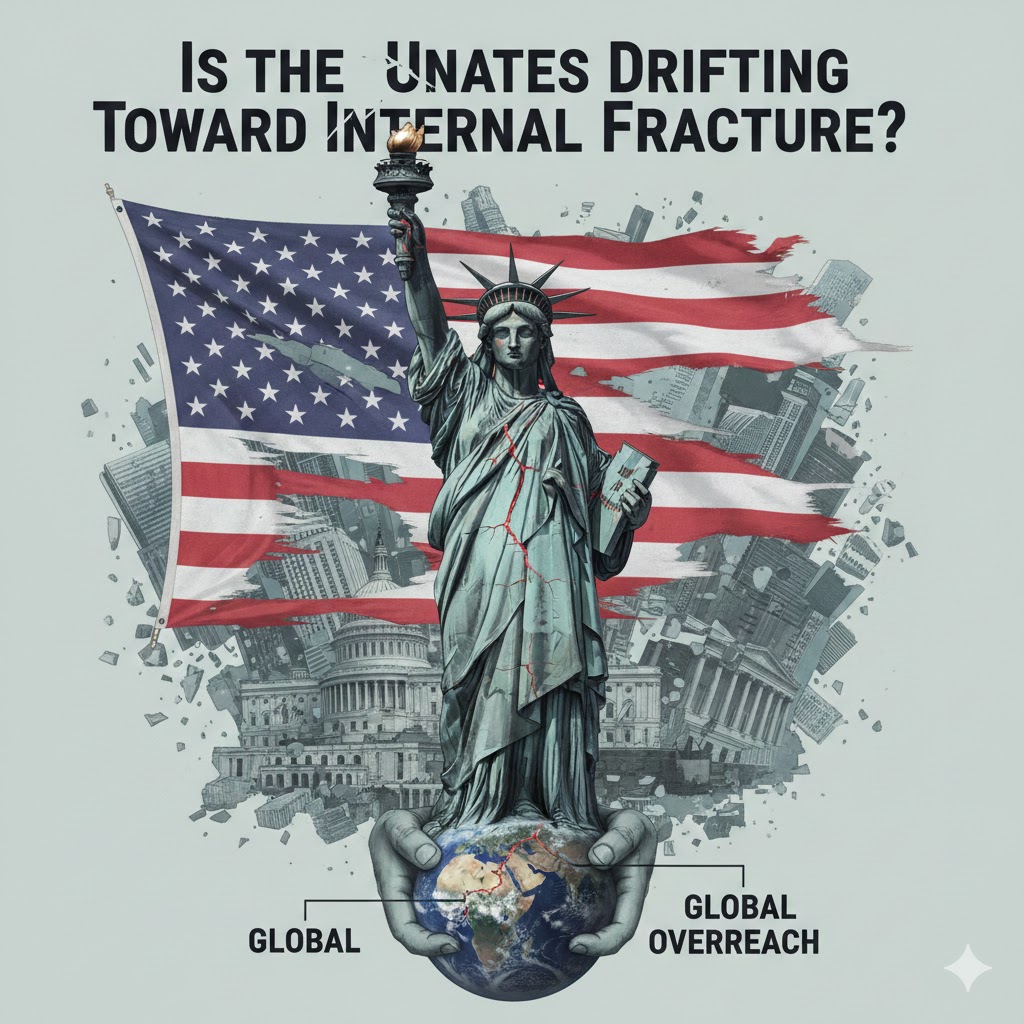Introduction
China’s diplomatic efforts in the Middle East have been a subject of interest in recent years. The region’s strategic importance, rich resources, and complex geopolitical dynamics make it an attractive destination for China’s expanding global influence. This article will delve into China’s diplomatic endeavors in the Middle East, exploring its motivations, strategies, and implications.
Motivations for China’s Involvement
Economic Interests
China’s growing economy demands vast resources, making the Middle East’s oil and gas reserves a vital component of its energy security. In 2020, China’s oil imports from the Middle East increased by 15% (EIA, 2022). The region’s strategic location also makes it a crucial hub for China’s Belt and Road Initiative (BRI), with investments totaling over $120 billion (World Bank, 2022).
Strategic Location
The Middle East’s proximity to Europe, Africa, and Asia makes it an ideal location for China’s BRI projects, promoting economic growth and integration. China’s diplomatic missions in the Middle East increased from 10 in 2010 to 20 in 2022 (China Ministry of Foreign Affairs, 2022).
Global Influence
China seeks to expand its global footprint and challenge US dominance in the region. China’s growing military presence in the Middle East, including its first overseas military base in Djibouti, demonstrates its increasing influence (BBC, 2022).
Strategies for Diplomatic Engagement
Economic Diplomacy
China utilizes economic incentives, investments, and trade agreements to foster relationships with Middle Eastern countries. China-Middle East trade increased by 21% in 2020, reaching $230 billion (China Customs, 2022).
Infrastructure Development
China’s BRI projects aim to enhance regional connectivity, promoting economic growth and integration. China’s infrastructure investments in the Middle East total over $50 billion, with projects in transportation, energy, and telecommunications (BRI Database, 2022).
Cultural Exchange
China engages in cultural diplomacy, promoting people-to-people exchanges and educational initiatives. China-Middle East cultural exchanges increased by 30% in 2020, with over 10,000 students and scholars participating (China Ministry of Culture, 2022).
Country-Specific Analysis
Saudi Arabia
China’s largest Middle Eastern trading partner, with significant investments in oil and infrastructure. China-Saudi Arabia trade increased by 25% in 2020, reaching $50 billion (Saudi Arabia General Authority for Statistics, 2022).
Iran
China’s strategic partner in the region, with cooperation in energy, trade, and security. China-Iran trade increased by 18% in 2020, reaching $20 billion (Iran Customs Administration, 2022).
Egypt
China’s key partner in Africa and the Middle East, with significant investments in infrastructure and industry. China-Egypt trade increased by 22% in 2020, reaching $15 billion (Egypt Ministry of Trade, 2022).
Challenges and Opportunities
Geopolitical Tensions
China must navigate complex regional dynamics, including US-Iran tensions and the Israeli-Palestinian conflict. China’s diplomatic efforts in the region aim to promote stability and cooperation.
Competition with Other Powers
China faces competition from other global powers, including the US, Russia, and Europe. China’s growing influence in the region challenges traditional power dynamics.
Domestic Challenges
China’s domestic issues, such as Xinjiang-related tensions, impact its regional reputation and influence. China must address these concerns to maintain its diplomatic momentum.
Conclusion
China’s diplomatic efforts in the Middle East demonstrate its growing global ambition and strategic foresight. By leveraging economic diplomacy, infrastructure development, and cultural exchange, China aims to solidify its position as a key player in the region. However, challenges and opportunities abound, requiring China to navigate complex geopolitical dynamics and balance competing interests.
Recommendations
Enhanced Cultural Exchange
China should prioritize people-to-people exchanges to foster greater understanding and cooperation.
Diversified Economic Engagement
China should expand its economic engagement beyond energy and infrastructure, exploring new sectors and partnerships.
Strategic Communication
China should develop a clear and consistent narrative on its Middle East policy, addressing concerns and promoting its vision.
Increased Transparency
China should increase transparency in its BRI projects and investments, addressing concerns over debt sustainability and environmental impact.
Regional Security Cooperation
China should engage in regional security initiatives, promoting stability and cooperation in the Middle East.
Please let me know if you need any further modifications or expansions.








